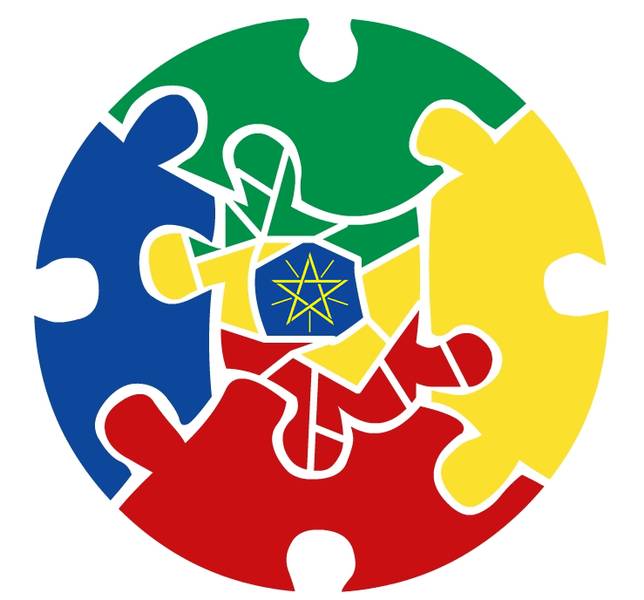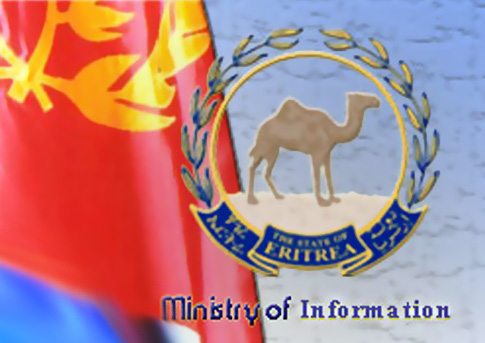Ethiopian Premier Meles Zenawi told, to some 600 delegates, including about 60 African minister, that:
the neo-liberal paradigm has got Africa’s development wrong both in terms of understanding the source of the underlying problem and the solution it prescribes.
Meles argued that the neo-liberal paradigm had not taken African development far, according to the press release by the UN ECA. The Prime Minister praised the choice of the theme of the conference, “Governing Development in Africa: The Role of the State in Economic Transformation”, for its ‘relevance and pertinence to the present context of development in Africa’. He stressed further that:
the UN ECA. The Prime Minister praised the choice of the theme of the conference, “Governing Development in Africa: The Role of the State in Economic Transformation”, for its ‘relevance and pertinence to the present context of development in Africa’. He stressed further that:
The debate on a new development paradigm centered on a developmental state that you have started today is a welcome and long overdue debate. We need to pursue the debate further in our academic institutions, political parties and the society at large. We also need to continue the discussion in our future meetings but at the same time we also have to act and act differently.
Meles made the remark in his opening speech the fourth annual joint meeting of the ‘AU Conference of Ministers of Economy and Finance and ECA’ and the ‘Conference of African Ministers of Finance, Planning and Economic Development’ that took place in Addis Ababa from 24 – 29 March 2011. The meeting conference was also attended by UN Under-Secretary General and Executive Secretary of ECA, Mr. Abdoulie Janneh, Mr. Jean Ping, the Chairperson of the African Union Commission and Mr. Donald Kaberuka, the President of the African Development Bank (AfDB).
The Prime Minister is known for his critical remarks specially since 2007 when he presented a draft paper tiled ‘African Development: Dead Ends and New Beginnings‘ in a panel held at the University of Columbia.
Remarkably, the conference recommended African governments, ‘transform its political system from rent-seeking to a developmental one’. The press release by the UN Economic Commission for Africa (ECA) Information and Communications Service (ICS) reported that:
On the principal theme of the Conference, the experts have urged African governments to promote developmental States that would “transform its political system from rent-seeking to a developmental one; restructure the economy to ensure sustained diversification of the production and export base; and restructure its bureaucratic incentives away from rent-seeking towards facilitative, pro-growth and pro-poor allocation of resources”
The conference have also urged African countries to mainstream the MDGs into their national development plans and strategies and to set up monitoring and evaluation mechanisms to ensure effective implementation. It also called ECA and the African Union Commission (AUC) to ensure that the 10-Year Capacity Building Programme the 10-Year Capacity Building Programme for the African Union and its New Partnership for Africa’s Development (NEPAD) programme remains within the framework of the Regional Coordination Mechanisms (RCM) and the subregional Coordination Mechanisms. Other recommendations touched on taxation systems, the harmonization of statistics in Africa, gender mainstreaming and the empowerment of women, climate change and development in Africa, health financing in Africa, enhancing science and technology, the illicit financial flows in Africa, as well as the strengthening of the African Institute for Economic Planning and Development (IDEP), an ECA initiative.
The 2011 edition of the Economic Report on Africa (ERA2011), one of the flagship publications of ECA, is to be launched take at the Conference. According to the news release, the report is a widely awaited one and addresses the role of the state in economic structural transformation. It also includes an analytical appraisal of economic performance of the continent for the past year and expert projections for the coming years.
You may download the full version 2011 the Economic Report on Africa – [HERE] OR, selectively download chapters of the report – [HERE].
You may also download Meles Zenawi’s 2007 paper, ‘African Development: Dead Ends and New Beginnings’ – [HERE]





